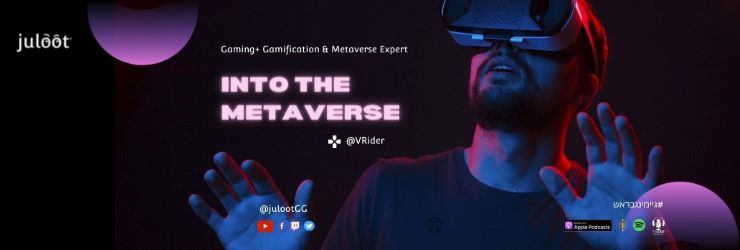 Three years of virtual ethnography and counting; two years of analyzing interactions captured on video and VOIP using "high-tech" pen and pencil techniques, computerized tools and simple common sense. Two and a half years of seeing through "a child state of mind " the game play and MMOG's social networks dynamics, + 50 GIGA of gaming videos, + 50 drawings, + 200 small talks with friends & parents, 300 e-mails, writing & throwing drafts, observing and playing video games: Club Penguin, RuneScape, Sherwood, Barbie, MEEZ, Zoo Tycoon, any other Tycoon, The Sims, Sims City, FIFA, NBA, Street Fighter, TrackMania Nations, Need for speed and more Virtual worlds for children and casual games than the eye can meet. Support by ATARI ISRAEL and Microsoft ISRAEL which provided some of the best games titles.
Three years of virtual ethnography and counting; two years of analyzing interactions captured on video and VOIP using "high-tech" pen and pencil techniques, computerized tools and simple common sense. Two and a half years of seeing through "a child state of mind " the game play and MMOG's social networks dynamics, + 50 GIGA of gaming videos, + 50 drawings, + 200 small talks with friends & parents, 300 e-mails, writing & throwing drafts, observing and playing video games: Club Penguin, RuneScape, Sherwood, Barbie, MEEZ, Zoo Tycoon, any other Tycoon, The Sims, Sims City, FIFA, NBA, Street Fighter, TrackMania Nations, Need for speed and more Virtual worlds for children and casual games than the eye can meet. Support by ATARI ISRAEL and Microsoft ISRAEL which provided some of the best games titles. Blend it all, pick up a pinch and what you get?
of IGI Global newest release, coming soon:
ISBN: 978-1-59904-808-6; 1,759 pp; July 2008Published under the imprint Information Science Reference (formerly IdeaGroup Reference).
Edited by: Richard E. Ferdig, University of Florida, USA
DESCRIPTION
Games and gaming have always been an important part of society and culture. Within the last 35 years, due to numerous technology innovations, electronic games in many formats have not only become ubiquitous in everyday recreational life but have also permeated many professional fields and disciplines for multiple purposes including teaching and learning.The Handbook of Research on Effective Electronic Gaming in Education presents a framework for understanding games for educational purposes while providing a broader sense of current related research. Compiling over 50 groundbreaking research studies from leading international authorities in the field, this advanced and uniquely comprehensive reference is a must-have for academic and research libraries and for all those interested in expanding their theoretical and practical knowledgeof the exciting field of electronic gaming.
****************************************“
Researchers will be intrigued and enlightened by the international and interdisciplinary nature of the collection.”
- Richard E. Ferdig, University of Florida, USA
****************************************
TOPICS COVERED
Augmented reality gaming
Authentic learning environment
Cognitive load in games
Cognitive load theory
Computational model of learning
Computer games as learning tools
Computer gaming cultures
Conceptual play spaces
COTS computer game effectiveness
Current online educational games
Design patterns and computer graphics
Designing games for learning
Digital game-based learning
Digital games interactions
Education for engaged learning
Educational game designEducational gaming
Electronic games for health purposes
Emotional potential of video games
Game-based historical learning
Game-based learning
Game-based learning in design history
Gender and racial stereotypes
Instructional design
Online roleplay games for learning
Productive gaming
Quality digital games
Self-regulated learning
Social psychology
Transmedial comprehension
Virtual world
-------------------
For more info about Handbook of Research on Effective ElectronicGaming in Education, you can view the title information sheet here:
http://www.igi-global.com/downloads/pdf/ferdig88.pdf.
http://www.igi-global.com/downloads/pdf/ferdig88.pdf.
To view the Table of Contents and a complete list of contributors online go to
You can also view the first chapter of the publication at
-------------------
ABOUT THE EDITOR
Richard E. Ferdig, PhD, is an associate professor of educationaltechnology at the University of Florida’s College of Education. Hisresearch interests focus on educational gaming, the uses of innovativemedia for teaching and learning, virtual and online education, and whathe calls a “deeper psychology of technology.” He graduated from CalvinCollege with a BA in psychology and from Michigan State University withan MA in educational psychology. He received his PhD from Michigan StateUniversity in educational psychology. At UF, he co-directs theface-to-face and online graduate programs in educational technology.




